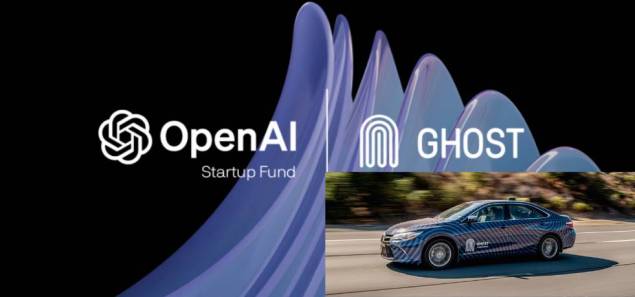Ghost Autonomy, a startup that worked with automakers to make software for self-driving cars, has shut down.
The startup, which had raised almost $220 million, said on its website that it would no longer be doing business anywhere in the world as of Wednesday. About 100 people worked for the company, which had offices in Mountain View, Dallas, and Sydney.
“We are proud of the important technical advances and progress the Ghost team made in its quest to provide software-defined consumer autonomy,” the website says in a note. “The way to long-term profitability was unclear because of the current funding situation and the substantial long-term investments needed for the growth and marketing of autonomy.” We are looking into possible long-term places for our team’s ideas to go.
It’s only been five months since the startup teamed up with OpenAI through the OpenAI Startup Fund to get early access to Microsoft Azure tools and OpenAI systems. The company OpenAI also put $5 million into Ghost. Early investors Keith Rabois at Founders Fund and Mike Speiser at Sutter Hill Ventures helped close a $55 million down round for the company last year.
At the time, John Hayes, co-founder and CEO of Ghost, talked up the company’s plans to look into how multimodal large language models (LLMs), which are AI models that can understand both text and pictures, could be used in self-driving cars. He claimed that LLMs gave us a fresh way to think about “the long tail,” adding logic to complicated situations where current models fail. Experts didn’t trust the method.
Ghost has changed how it does things over the years, like many other startups that are trying to make self-driving cars a reality. The company was started in 2017 and was first called Ghost Locomotion. Two years later, the company went public with a plan to make a kit that would let privately owned passenger vehicles drive themselves on highways. The company had raised $63.7 million from investors such as Rabois of Founders Fund, Vinod Khosla of Khosla Ventures, and Speiser of Sutter Hill Ventures. The business said it would give that tech to people in 2020.
When that date passed, Ghost raised an extra $100 million in 2021 with a new plan to focus on tech that stops crashes. The Series D funding round was led by Sutter Hill Ventures, with Founders Fund and Coatue also taking part. Hayes told TechCrunch in 2021 that the startup wasn’t giving up on the consumer kit model totally, but that it had switched its focus to universal collision avoidance technology to get the product to market faster.
His main point was that an automatic driving system didn’t need to recognise and classify things before it could avoid them. Instead, the company was watching how groups of dots moved around in a scene. Most other self-driving systems start by recognising an object and then use picture localization to figure out how big it is, how far away it is, and other information that is important. People use that approach because things, even ones the same size, can act in different ways.
Hayes, who could be reached by email on Wednesday, said that the company had finished a product for going on the highway and was now working on what he called “last-mile delivery” in cities.
Also Read: You No Longer Need an Account to Use Chatgpt, but There’s a Catch
He wrote, “In the end, the years needed to bring the product to market could not be paid for.”
What do you say about this story? Visit Parhlo World For more.


